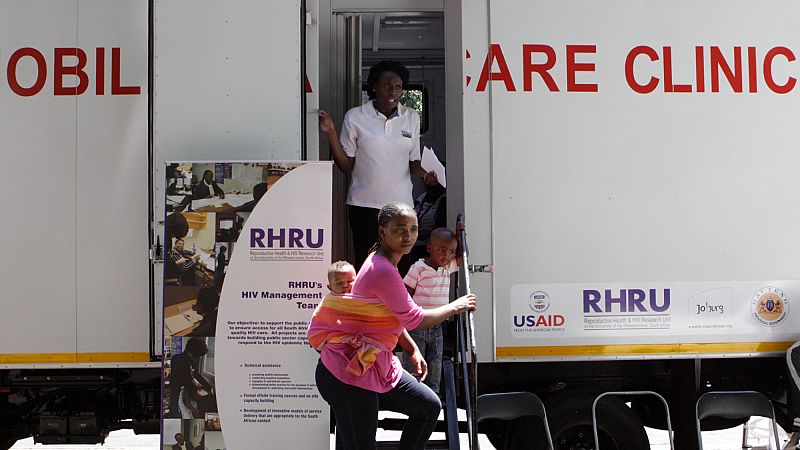Endangered Birth Control Threatens 1.4 Million Women, Group Says

The Crisis of Contraceptive Stockpiles in Africa
More than 1.4 million women and girls across Africa could lose access to critical reproductive health care if a significant stockpile of US-owned contraceptives currently stored in Europe is destroyed, according to reports from the International Planned Parenthood Federation (IPPF). These contraceptives, valued at $10 million, are currently housed in a warehouse in Belgium but face destruction under plans set by the US government. This has raised serious concerns among various stakeholders, including civil society organizations and politicians, who are urging for the preservation of these supplies.
The decision to incinerate the stock in France has drawn widespread criticism. The IPPF has attempted to acquire the stock from the US government but was met with rejection. Originally, these contraceptives were meant for distribution to lower-income countries through the now-defunct USAID. Approximately 77% of the stock, many of which have expiration dates between 2027 and 2029, was intended for use in African nations such as the Democratic Republic of the Congo (DRC), Mali, Kenya, Tanzania, and Zambia.
Impact on Reproductive Health Services
Dr. Bakari, Project Coordinator at UMATI, an IPPF member association in Tanzania, highlighted the challenges posed by the funding cuts. “The impact of the USAID funding cuts has already significantly affected the provision of sexual and reproductive health services in Tanzania - leading to a shortage of contraceptive commodities, especially implants,” he said. Tanzania was set to receive over a million injectable contraceptives and 365,000 implants from the Brussels stockpile, which accounted for more than 40% of the total shipment. These supplies represented over half of USAID’s annual support to Tanzania’s health system and 28% of the country’s total annual need.
In Kenya, the effects of the US funding disruptions are also being felt. Nelly Munyasia, executive director for the Reproductive Health Network in Kenya and an IPPF member, noted that the funding freeze has caused stock-outs of contraceptives, leaving facilities with less than five months' supply instead of the required 15 months. This has created a 46% funding gap in Kenya’s national family planning programme.
Global Implications of Funding Cuts
The US has long been the largest bilateral donor to family planning, contributing $600 million annually, which accounted for 40% of global donor funding. The cancellation of pending procurement contracts has widened an existing global funding gap from $167 million to $210 million across 32 countries, according to the Reproductive Health Supplies Coalition (RHSC).
The RHSC warned that burning this stash could lead to broader consequences. When a woman's first choice of contraceptive is missing, she may opt for a less-preferred product, which could lead to a stock-out of that product if demand rises unexpectedly. “When family planning stocks are compromised, the entire supply chain is at risk, requiring new funding, time, and coordination that cannot materialize at short notice,” they stated.
The coalition estimated that failure to deliver this stockpile to its intended recipients could result in 362,000 unintended pregnancies, 161,000 unplanned births, and 110,000 unsafe abortions.
Political Opposition in Europe
During a briefing in late July, a US State Department spokesperson mentioned that officials were still determining the way forward regarding the Belgian stock. As the supplies are reportedly set to be transferred to France for destruction, French Green Party politicians have appealed to President Emmanuel Macron to intervene.
MEP Mélissa Camara, a signatory of the letter, stated, “We cannot allow Donald Trump's anti-choice agenda to unfold on our territory. And so today, France must mediate with the Commission.” However, the French health ministry told AFP that there is no legal basis for intervention by a European health authority to recover these medical products. They added that since contraceptives are not drugs of major therapeutic interest and there is no supply shortage, they have no means to requisition the stocks. Additionally, the ministry had no information on where the contraceptives would be destroyed.
Post a Comment for "Endangered Birth Control Threatens 1.4 Million Women, Group Says"
Post a Comment